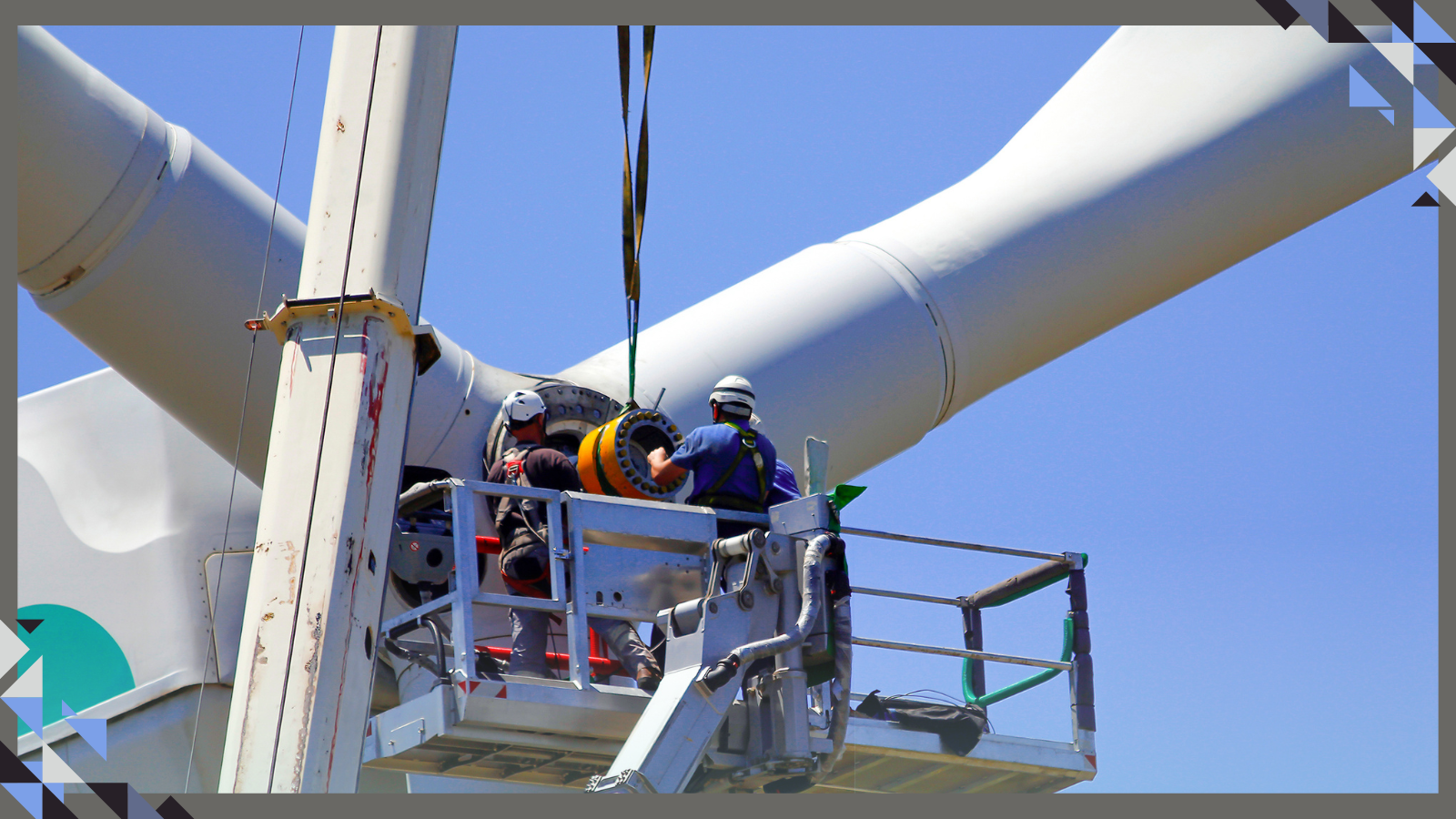Written by: Mitchell Beer
A new job training and upskilling program will open up a pathway to the clean energy economy for some of the 80 percent of Canadian fossil fuel workers who’ve said they want to move into net-zero jobs, Edmonton-based Iron & Earth announced.
The 12-month, C$16-million grant from Employment and Social Development Canada (ESDC) will support retraining for at least 2,200 participants, provide “options, tools, and resources” to help workers plan their own shift into renewable energy, and “give communities the choice to build and implement their own climate solutions,” including “small-scale renewable power generation systems built by the community, for the community,” Iron & Earth says in a release.
The announcement cites a 2021 poll the group commissioned from Abacus Data, in which 84 percent of respondents said they would participate in up to 10 days of rapid upskilling if they were paid to attend.
Established in 2016, Iron & Earth “formed around the lunchroom tables of the Canadian oil sands during an oil price crash which resulted in over 100,000 oilpatch employees losing their jobs between 2015 and 2017,” the group says on its website. “We realized that our skills were transferable to the renewable energy industry and recognized the urgency of diversifying into these technologies.”
Iron & Earth has already been running job upskilling and renewable energy projects in different parts of the country, including the successful RenuWell project in Alberta that saw a group of 15 trainees in Alberta convert an abandoned oil well site to produce solar-generated electricity for local homes and run irrigation systems for nearby farms. (Iron & Earth was also one of the field partners for the Green Resilience Project, a series of community conversations on income insecurity, local resilience, and climate action, for which Energy Mix Productions serves as managing partner.)
But the ESDC funding arrives at a moment when demand for renewable energy is surging and the existing net-zero work force is having trouble keeping up. Fossil fuel workers have the skills and experience to lend a hand, and many of them would be only too happy to do so, said Iron & Earth Executive Director Luisa Da Silva.
“It is a risk to change industries, and this kind of funding de-risks that for anybody who wants to be able to make that change,” she told The Energy Mix. “It’s critical that somebody can see themselves in the picture and see what the future has ahead. They need to see the progression [through a career], that there’s stability. They want to know there’s a sustainable job for them in the future that can provide for their family, keep them in their community, and build a resilient community.”
That’s no more and no less than any Canadian wants, Da Silva added.
“A lot of people who have worked in fossil fuels haven’t been in the sector because of the job itself,” she said. “Workers are not getting into fossil fuels because they love pulling bitumen out of the ground. It’s because there’s money there, and they view it as a secure job. This kind of funding ensures workers have a resilient pathway, so they can start to see there’s something else ahead for them and they don’t feel they have to fall back on where they came from.”
Meanwhile, to meet the country’s climate targets, “we need to have the work force,” Da Silva added. “We already have so many people who’ve worked in the energy sector, who have all the skills that are needed to build the economy of the future and meet the demands of right now.” That makes the ESDC grant a part of a wider effort to ensure that Canadian workers “have a sustainable future for themselves and their families.”
The Iron & Earth release says the ESDC funding will support training and upskilling for at least 2,200 workers through a series of 57 community sessions. The program will emphasize training for Indigenous participants and people from other “equity-deserving groups”, provide “wraparound support” for costs like child care, dependent care, and travel, and expand the organization’s Climate Career Portal for workers, employers, and educational institutions.
“These wraparound supports are so important because it’s not just about going from one job to another,” Da Silva said. “That’s been tried before, and it failed. Workers need to be paid for their time when they’re training to go into something new, so that if there are people at home who are dependent on them, they don’t have to choose between getting trained into this new industry or taking care of their child.”
Supports along those lines “don’t cost that much, and they make an enormous difference in the portability someone has,” she said. “It gives them a choice to move on [to a net-zero job] if they want to,” in contrast to “free” opportunities that might cost a household as much as $200 per day once child care, transportation, and other costs are factored in.

This story originally appeared in The Energy Mix and is part of Covering Climate Now, a global journalism collaboration strengthening coverage of the climate story.







